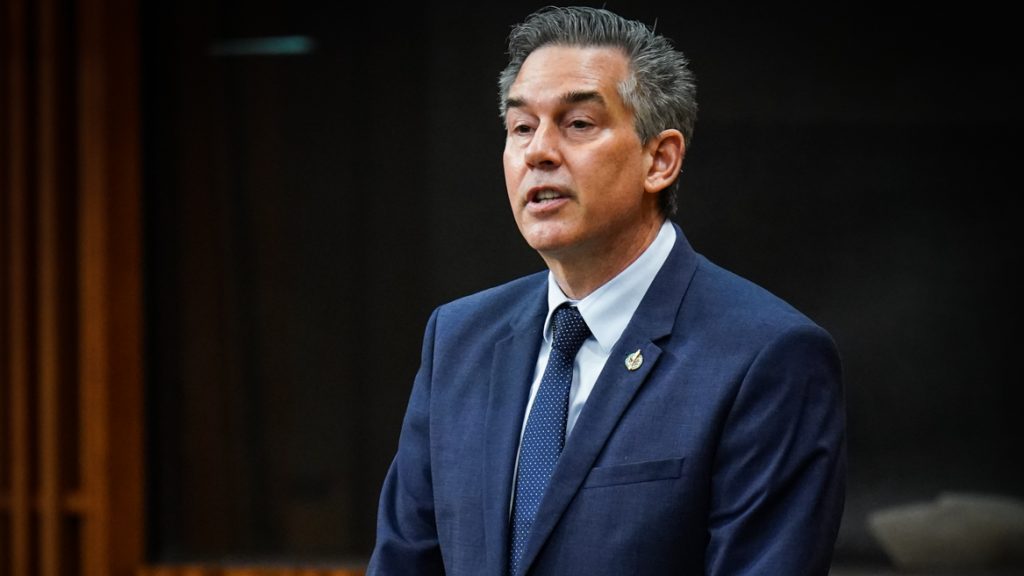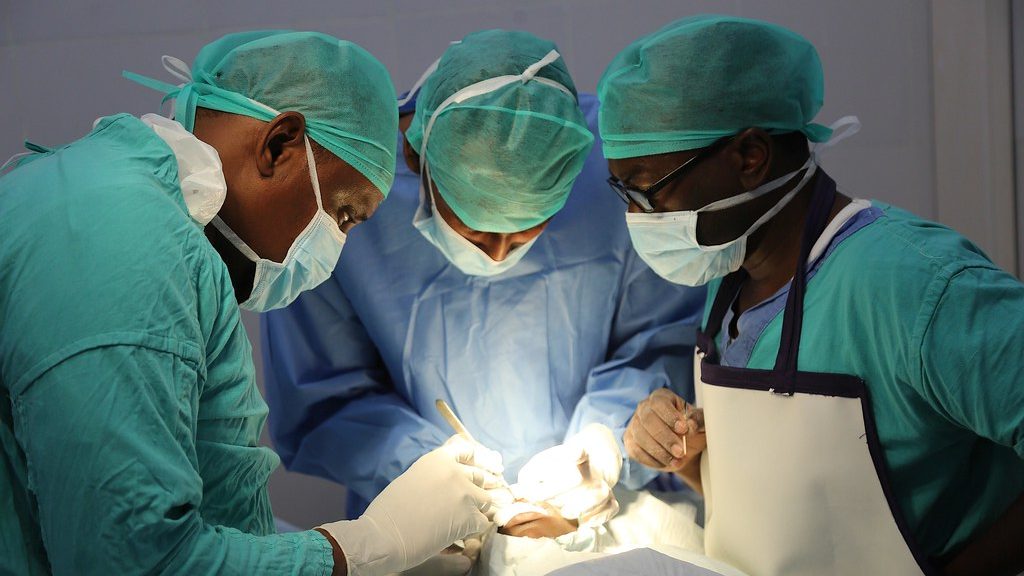Navalny’s arrest adds to tension between Russia and the West
Posted Jan 18, 2021 03:47:32 AM.
Last Updated Jan 18, 2021 03:56:06 AM.
MOSCOW — Russian opposition leader Alexei Navalny’s arrest as he arrived in Moscow after recovering from his poisoning with a nerve agent drew criticism from Western nations and calls for his release, with Germany’s foreign minister on Monday calling it “incomprehensible.”
Navalny was detained at passport control at Moscow’s Sheremetyevo airport after flying in Sunday evening from Berlin, where he was treated following the poisoning in August that he blames on the Kremlin.
Navalny’s arrest adds another layer of tension to relations between Moscow and the West that have long been strained and were worsened by his poisoning.
German Foreign Minister Heiko Maas noted that Navalny had returned of his own volition and said “it is completely incomprehensible that he was detained by Russian authorities immediately after his arrival.”
“Russia is bound by its own constitution and by international commitments to the principle of the rule of law and the protection of civil rights,” Maas added. “These principles must of course also be applied to Alexei Navalny. He should be released immediately.”
European Council President Charles Michel tweeted that Navalny’s detention is “unacceptable” and also called for his immediate release, a call echoed by France’s foreign ministry and by Polish Foreign Minister Zbigniew Rau.
“I express my solidarity with all Russian people who share the ideals of the detained Russian opposition leader,” Rau added. “Alexey, don’t give up!”
U.S. President-elect Joe Biden’s pick for national security adviser called on Russian authorities to free Navalny. “Mr. Navalny should be immediately released, and the perpetrators of the outrageous attack on his life must be held accountable,” Jake Sullivan tweeted.
The outgoing U.S. secretary of state, Mike Pompeo, said the U.S. “strongly condemns” the decision to arrest Navalny, which he called “the latest in a series of attempts to silence Navalny and other opposition figures and independent voices who are critical of Russian authorities.”
Russian Foreign Minister Sergey Lavrov said Monday the stream of reactions to Navalny’s arrest by Western officials reflects an attempt “to divert attention from the crisis of the Western model of development.”
Navalny’s detention was widely expected because Russia’s prisons service said he had violated parole terms from a suspended sentence on a 2014 embezzlement conviction.
The prisons service said he would be held in custody until a court rules on his case. No date for a court appearance was immediately announced. The service earlier said that it would seek to have Navalny serve his 3 1/2-year sentence behind bars.
Navalny, 44, President Vladimir Putin’s most prominent and determined foe, brushed off concerns about arrest as he boarded his flight in Berlin.
“It’s impossible. I’m an innocent man,” he said.
Navalny fell into a coma while aboard a domestic flight from Siberia to Moscow on Aug. 20. He was transferred from a hospital in Siberia to a Berlin hospital two days later.
Labs in Germany, France and Sweden, and tests by the Organization for the Prohibition of Chemical Weapons, established that he was exposed to a Soviet-era Novichok nerve agent.
Russian authorities insisted that the doctors who treated Navalny in Siberia before he was airlifted to Germany found no traces of poison. Russia refused to open a full-fledged criminal inquiry, citing a lack of evidence that Navalny was poisoned.
Last month, Navalny released the recording of a phone call he said he made to a man he alleged was a member of a group of officers of the Federal Security Service, or FSB, who purportedly poisoned him in August and then tried to cover it up. The FSB dismissed the recording as fake.
Navalny has been a thorn in the Kremlin’s side for a decade, unusually durable in an opposition movement often demoralized by repression.
The politician’s allies said Monday he is being held at a police precinct outside Moscow and has been refused access to his lawyer.
___
Moulson reported from Berlin.
Geir Moulson And Daria Litvinova, The Associated Press










